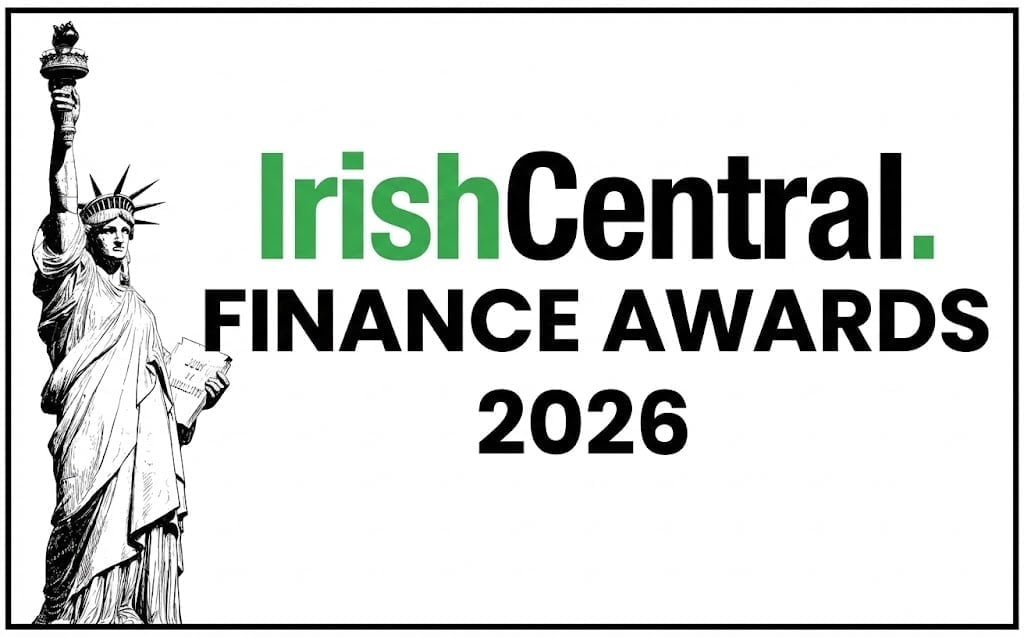Taoiseach (prime minister) Brian Cowen told his Fianna Fail party at its ard fheis (annual convention) that everybody, including a significant proportion of the 40 percent of those outside the tax net, will have to pay more taxes as the national effort continues to combat the continuous spiraling effects of the recession. In a keynote speech, his first ard fheis address as party leader, Cowen didn’t shirk underlining the hardships that lie ahead for the country. He said everybody will have to bear a share of the tax burden to restore balance to the public finances, but he implied that the better off will be expected to pay a greater percentage increase. Cowen told 4,000 delegates at the Dublin gathering, “Our tax system needs to change. During the good times we developed a fairer and more progressive tax system that allowed people to keep more of their own money. Everyone had a better standard of living. “That tax model was based on continuing growth. It works best when we have high employment and a thriving economy. “Unfortunately, we are not a thriving economy for now, and we need to adapt our tax system to fit our new circumstances. Everyone will need to pay more.” He explained that the government intends to be as fair as it possibly can. “Those that can bear it best will have to bear it most. But all will have to bear some burden; the scale of the challenge is so big,” he said. Cowen pledged to restore balance to the public finances by 2013, although he starkly illustrated the enormity of the task ahead when he pointed out that the budget for spending this year is €55 billion but the maximum amount that’s expected from taxes is €37 billion, leaving an €18 billion gap in the day-to-day costs of running the country. “We must close this gap. We have decided to do this over the next five years, and we have submitted our targets and proposals for this to the European Commission and they have accepted them. But now we must achieve those targets,” he said. Cowen was strongly critical of the behavior of bank chiefs who, he said, had caused “a lot of pain and hardship to Irish people.” He added, “They will not be forgiven easily.” He promised to cap the salaries of bank chief executives and he committed his government to providing €100 million this year to support exporting companies. He also announced that a new financial regulatory system, based on the Canadian model, would be established and that the new bank regulator would have an “international reputation.” There was much criticism of the banks at the conference, with Transport Minister Noel Dempsey receiving prolonged applause when he repeated an earlier assertion that they had committed “economic treason.” Former Taoiseach Bertie Ahern got a standing ovation when he was introduced to the packed conference room. One motion on the agenda from a Waterford branch urged the government to offer Ahern’s services as an international peace envoy, similar to roles recently taken on by two other central figures in the North’s peace process, Tony Blair and George Mitchell.




Comments